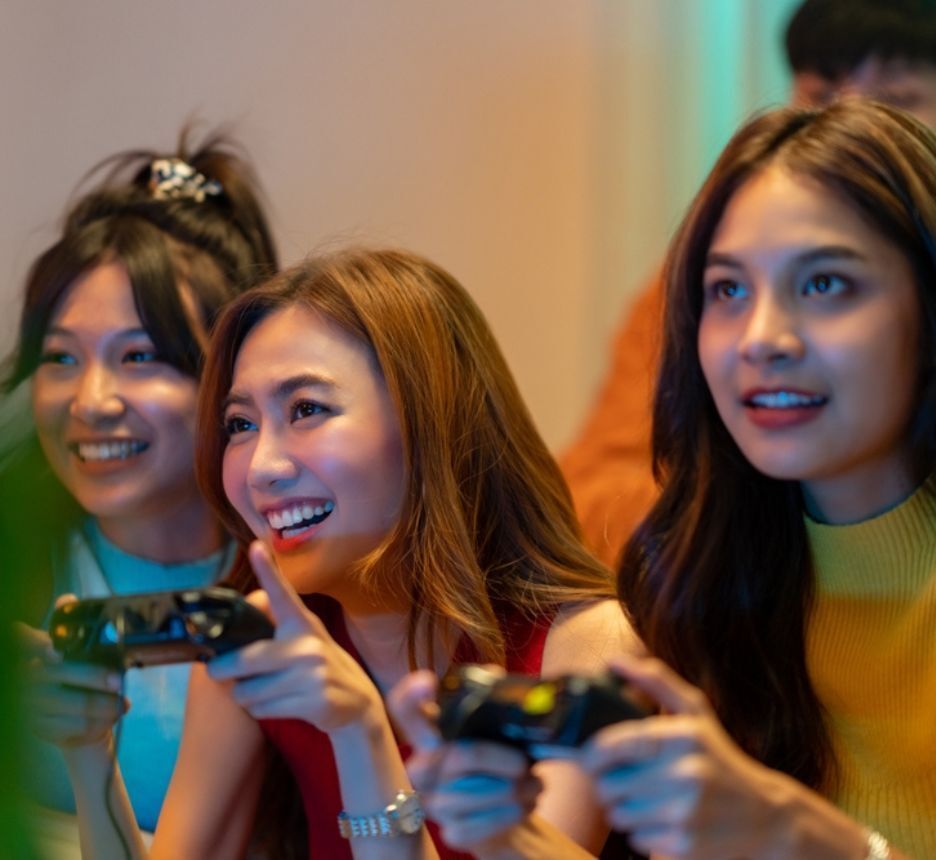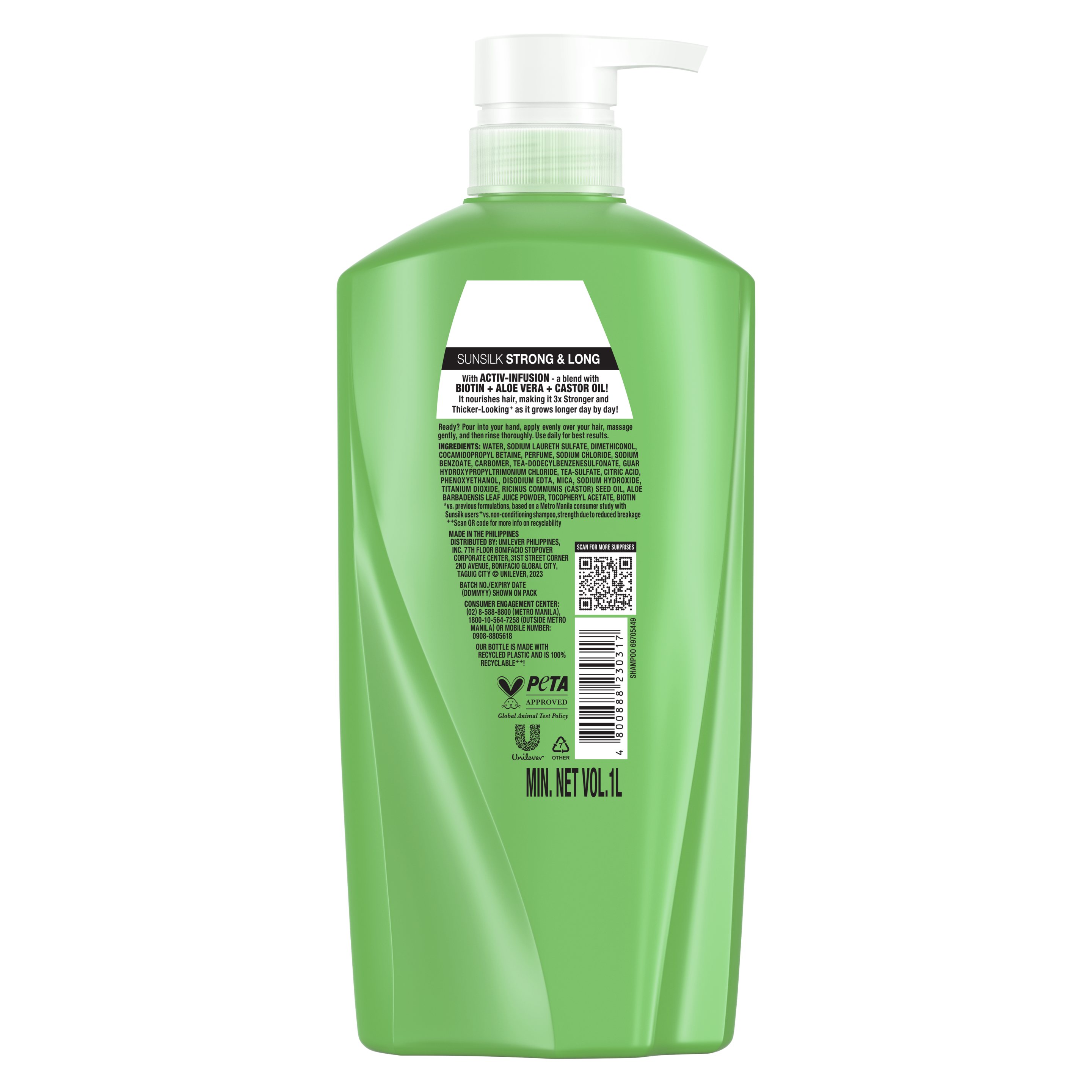Tips and Inspiration
From Unilever Beauty Experts
The gaming culture has long been considered a “boy’s club,” but that’s slowly changing. In Southeast Asia alone, female gamers now outnumber their male counterparts. But despite this shift in demographic, a significant portion of the community still treats women in gaming with less respect than men. It’s as if being female immediately makes you a noob.
Gender stereotypes in gaming are not only unfair but also harmful. They create a hostile environment for women. What starts as misogynistic comments like “make me a sandwich” or “did your boyfriend teach you?” can rapidly escalate into sexual harassment. Even worse, all this abuse is rarely taken seriously by the moderators and developers.
What should you do if you encounter such toxic behavior? Here, three female gamers share their experiences and how they deal with gender-based discrimination in gaming.
Prove the Haters Wrong
As the only female in her Mobile Legends squad, Maura Anjanette has heard dismissive remarks from opponents and teammates. Guys would question her skills before the match even began. The trolls become even more relentless when she plays solo. Some even continued to stalk her gaming profile.
“[My opponents] would either say, ‘easy game,’ or catcall me. But then they would invite me to a one-on-one game session,” Maura recalls. “I’ve had people come to my album and leave nasty comments for no good reason other than my gender.”
In the past, these encounters bothered her more than she cared to admit. But she soon learned that responding to online trolls only gave them the attention they sought. Nowadays, she focuses on the game and getting the most wins. “After defeating those losers, I’d say, ‘all bark and no bite.’” Mic drop.
Kill Them With Kindness
It has been almost a year since Serafin Lucas started streaming her Animal Crossing gameplay on TikTok. Her viewers are mostly women, asking if she can visit their islands or where she bought the console and the accessories. But occasionally, she would see a comment or two telling her to show her face.
For female gamers like Serafin who choose to remain faceless, that veil of anonymity is what protects them from unsolicited judgments. The pressure to reveal themselves, therefore, feels almost like a threat to the safe space they’ve carved out.
“People won’t ask male gamers what they’re wearing. It’s not explicit, but it’s still sexism,” Serafin says. “They know I’m a girl, and immediately see me as a sexual object. What does it matter what I’m wearing – I’m playing Animals Crossing in my pajamas. I’m not the sexy girl gamer you imagine me to be, sorry not sorry,” she adds.
Still, Serafin would rather keep things positive than let creepy comments get under her skin. She would respond gracefully, steering the conversation back to her virtual villagers and what they were doing instead. Staying unbothered is her way of fighting gender stereotypes in games. She would block and report the accounts if the crude comments got too distracting.
Or Give Them a Taste of Their Own Medicine
Gender and equality issues are more pervasive in online multiplayer games where men make up most of the player base. However, genres with relatively equal numbers of male and female gamers, like JRPGs, aren’t immune to sexism.
Hanna, a long-time fan of Persona, is often accused of being a faker. “The guys in my class were talking about Persona 5, which I had just finished playing. When I joined in, the vibe shifted immediately.” One guy began grilling her on obscure details and mocked her when she “passed” the test, saying she had probably Googled it before. It didn’t matter how much she knew about the game. Her interest was seen as invalid the moment she opened her mouth.
Not one to sit quietly in the face of disrespect, Hanna decided to take the “gatekeeper” down a peg or two. Words alone couldn’t change his gender biases, she thought. So, she retaliated in a way that would make him feel just as embarrassed: putting Hello Kitty stickers on his car.
“It was the best, most harmless revenge I could think of for insecure men like him. I wanted him to know that he can’t insult me, or anyone else, without getting consequences,” she laughs. Maybe he did learn his lesson, maybe he didn’t. But at the very least, he now knows better than underestimating women.
When the Aggression Is Too Much to Handle
The struggle with in-game sexism can sometimes go beyond annoying jokes or condescending comments. Some female gamers face deeply disturbing levels of cyberbullying, such as hacking, doxing, and even receiving rape threats.
Prevent the worst by practicing good cyber hygiene. Simple precautions, like using strong passwords and setting up multifactor authentication, can add an extra layer of protection against abusers. Also, remove personal information such as your address, social media accounts, and phone number from your gaming profile.
Equally important, though, is finding ways to recuperate mentally. Take a break from the internet and spend time doing what brings you joy. It can be something as simple as a relaxing shower or bath, which has been proven to improve mood.
Wash your hair with Sunsilk Strong & Long Shampoo and gently massage your scalp. This shampoo has a powerful blend of biotin and aloe vera that nourishes your strands, making them 3x stronger. Keep your underarms fresh (and bright!) with Rexona Roll On Deodorant Rose Glow, which is infused with vitamins B3, C, and E. Finally, use POND'S UV Hydrate Sunscreen to protect your skin from UVA, UVB, and blue light. It contains hyaluron that instantly hydrates your skin, giving it a glass-skin effect.
As tough as their experiences are, these female gamers continue to push forward. They’ve managed to build a supportive community that celebrates diversity in gaming. If their stories resonate with you, know that you’re not alone. Keep doing what you enjoy. Most importantly, don’t hesitate to report any instances of harassment you encounter to the gaming platform or its social media page.









